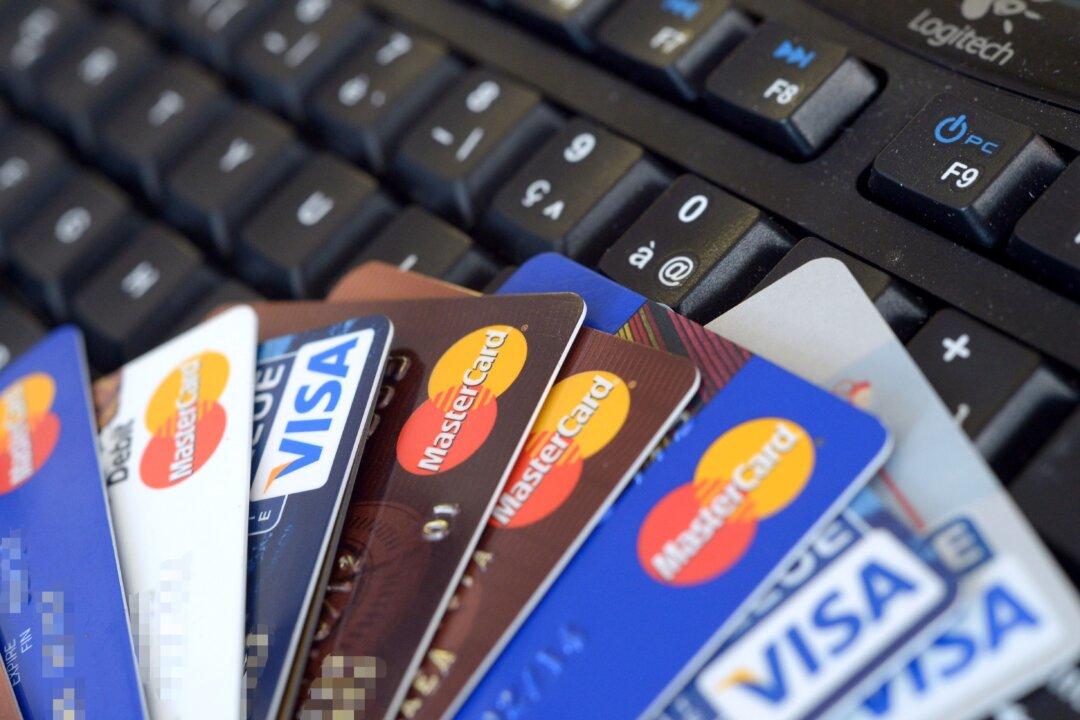 By Levi King
By Levi King
A recent released survey from the Federal Reserve shows that a whopping 85 percent of small businesses experienced financial difficulties in 2021, up nearly 20 percent from 2019. And only about 30 percent of businesses got the full amount of the loans that they applied last year, down from about half in 2019.When you consider the critical role that small business plays in the U.S. economy, that number seems insane. One of the most common reasons given for loan denial was insufficient personal and business credit scores.






